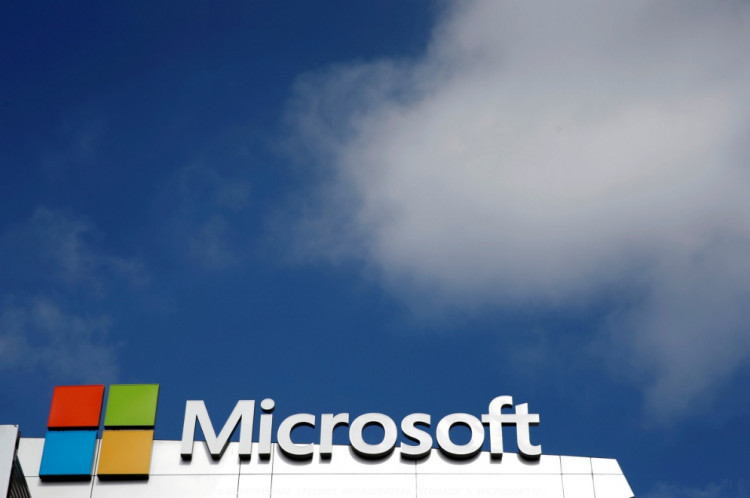Except for enterprise users, Windows 7 is now an isolated operating system following the decision by Microsoft to stop providing free security updates to the OS starting this January. However, the OS will remain usable and relatively safe thanks to the assurance given by anti-virus vendors.
The lifeline came from all the big players, and the commitment was software updates will still be delivered on systems powered by Windows 7. Of course, users will need to install anti-virus applications on their PCs, and they can pick from the likes of BitDefender, NortonLifeLock, Kaspersky, and McAfee.
According to ZDNet, the updates will keep coming until 2022, which should be sufficient time for holdouts to finally make the jump.
It has been reported that millions of PC users can't make the move to Windows 10 due to hardware limitations. For this lot, the only way to exit from Windows 7 is to ditch their old machines and purchase new ones to run the latest Microsoft operating system.
However, it's not always easy to jump from an old to a new PC, and this is especially true for enterprise users. After January 14, they can still get support for Windows 7 that Microsoft termed as Extended Security Updates (ESU) that will not come cheap.
Enterprise users, defined by Microsoft as large firms, will be getting ESU, and they will cost millions of dollars. For them, it's more practical to soon switch to Windows 10 as WCCFTech said insisting on Windows 7 will prove not cost-effective over the long run.
As Microsoft has made clear, the ESU for enterprise users will mean higher fees each year, so it would be best to start planning for the platform migration.
For now, the continued support from anti-virus makers is a breather indeed, but it will not last long.
It's the same way for web browser use in Windows 7. Most browser apps have already indicated that support for the obsolete OS will come to a halt. That would mean greater risks in connecting to the internet, which is the chief function for most PCs these days.
It's a good thing Google is not joining the bandwagon. The search giant has earlier stated that using Google Chrome in Windows 7 will remain safe. For the next 18 months, also commencing in January, the browser will be updated to new versions and get security patches.
But even with this extended support, users are still advised to make the upgrade to Windows 10, which Microsoft has made available to Windows 7, 8, and 8.1 users for free. The best course, though, for personal users is to get a new laptop or desktop as the components on these modern PCs have been optimized for best Windows 10 experience.






